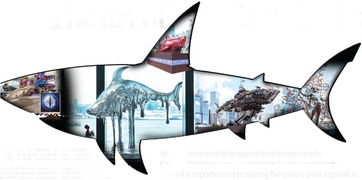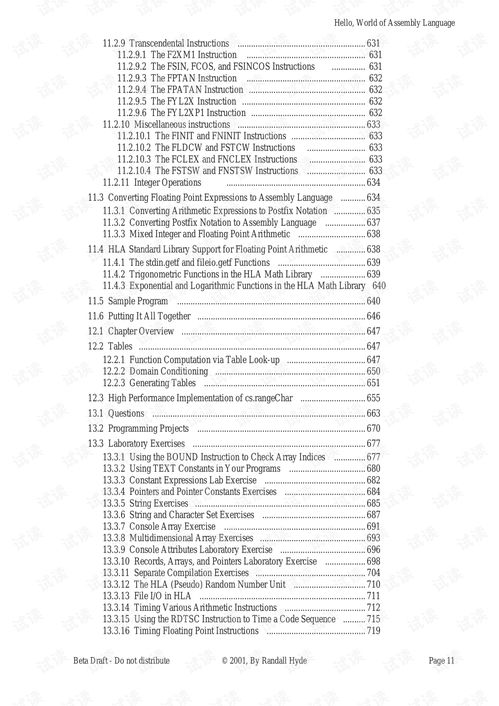Introduction
Fishing, an age-old pastime, has captured the hearts of many enthusiasts around the world. Whether you're a seasoned angler or a beginner looking to cast your line into the unknown, mastering the art of fishing requires a blend of technique, patience, and a dash of experience. In this article, we delve into the essential fishing techniques and share valuable insights gathered from seasoned anglers to help you elevate your angling skills.
Understanding the Basics
Before you embark on your fishing journey, it's crucial to understand the basics. Here are some fundamental aspects to consider:
Choosing the Right Gear
The first step in fishing is selecting the appropriate gear. This includes rods, reels, lines, hooks, and lures. Each type of fish requires specific equipment, so it's essential to research and invest in the right gear for your target species.
Knowing Your Target Species
Understanding the habits and preferences of your target species is key to successful fishing. Study their feeding patterns, preferred habitats, and the type of bait they are most attracted to.
Understanding the Water
Familiarize yourself with the body of water you plan to fish. Observe the currents, depths, and structure that can affect fish behavior and movement.
Advanced Techniques
Once you've mastered the basics, it's time to delve into more advanced fishing techniques:
Bait Selection
The right bait can make all the difference. Live bait, such as worms, minnows, or crickets, can be highly effective. Artificial lures, like spinners, jigs, and flies, can also entice fish. Experiment with different baits to see what works best in your fishing environment.
Casting Techniques
Proper casting is essential for reaching your target and presenting your bait effectively. Practice different casting techniques, such as the overhead cast, sidearm cast, and roll cast, to become a more versatile angler.
Leader and Line Management
A well-managed leader and line can make the difference between a successful catch and a lost fish. Learn how to tie knots securely, manage your line effectively, and adjust your leader length based on the fishing conditions.
Presenting Your Bait

The way you present your bait can trigger a fish's interest. Whether you're using a slow-trolling technique or a fast retrieve, understand how to mimic the natural movement of the fish's prey.
Reading the Water
Observing the water can provide valuable clues about fish activity. Look for surface disturbances, baitfish activity, and other signs that indicate fish are nearby.
Experience Sharing
Here are some insights and experiences shared by seasoned anglers:
Patience is Key
Fishing is a waiting game. Patience is crucial, as it can take time to locate and catch fish. Don't get discouraged if you don't catch anything immediately; the wait can be rewarding.
Adaptability
The best anglers are adaptable. Be prepared to change your approach based on the conditions and the fish's behavior. Sometimes, the smallest adjustments can lead to success.
Respect for Nature
Fishing is not just about catching fish; it's about respecting the environment. Always practice catch-and-release fishing when possible, and be mindful of your impact on the ecosystem.
Learning from Others
Don't hesitate to ask for advice from more experienced anglers. Learning from their mistakes and successes can help you improve your skills more quickly.
Conclusion
Fishing is a skill that can be honed over time. By understanding the basics, mastering advanced techniques, and drawing on the experiences of seasoned anglers, you can elevate your angling skills and enjoy a more rewarding fishing experience. Remember, the best anglers are those who continue to learn and adapt, so keep exploring and expanding your knowledge. Happy fishing!












